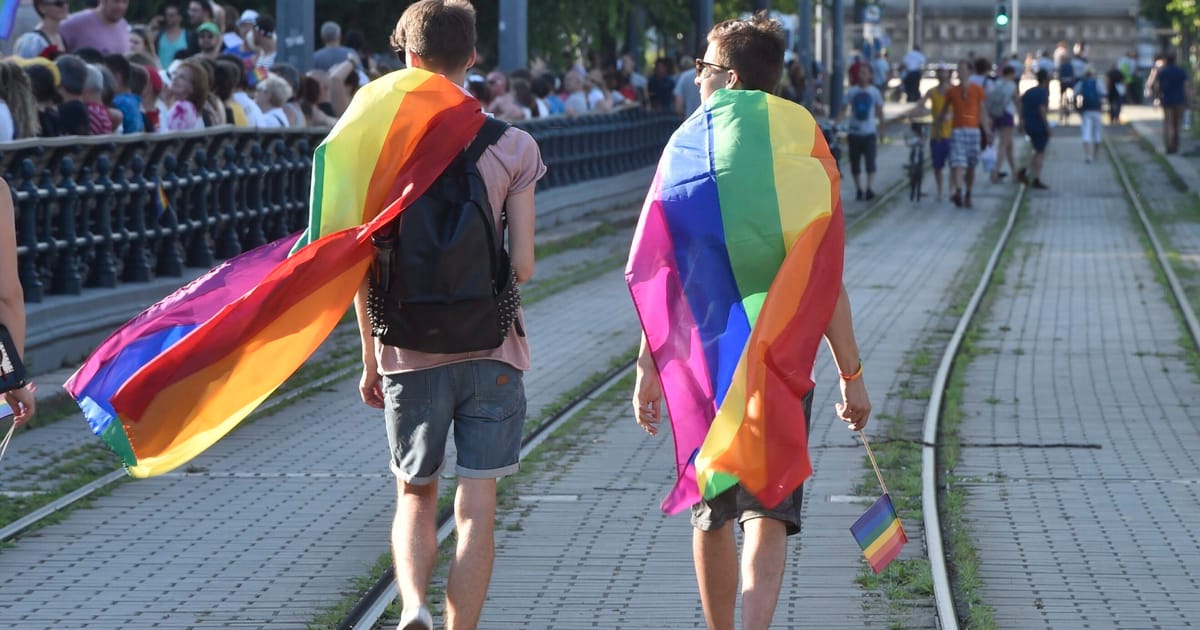

In recent developments across the globe, countries and institutions are working collaboratively to address a range of pressing issues. From travel advisories prompted by Pride events to academic partnerships safeguarding education amid visa restrictions, and international concerns about the influence of social media on youth, these stories reflect the diverse challenges and responses shaping our world today.
Amidst the vibrant energy of the Budapest Pride in Hungary, Belgium has issued new travel advisories, reflecting international concern over recent legal warnings from Hungarian Prime Minister Viktor Orbán. These warnings concern potential legal consequences for those participating in Pride parades, in defiance of government bans. In light of this, Belgium, along with other nations, including the UK and Canada, is advising caution to travelers intending to participate in the upcoming Pride events in Budapest. Despite the challenges, significant support remains for the LGBTQ community, evidenced by the participation of European Parliament representatives, including Comissária Europeia and 70 MEPs, in the march, showcasing solidarity and advocating for human rights.
Across the Atlantic, a heartening collaboration between the University of Toronto and Harvard University is paving a pathway for international students affected by recent visa restrictions under the Trump administration. This innovative solution allows students who face barriers entering the United States to continue their education in Toronto, ensuring that their academic pursuits remain uninterrupted. Such initiatives highlight the importance of educational institutions in fostering cooperation and demonstrating resilience in the face of political changes—which have again become a pivotal aspect of cross-border educational exchanges.
In Colombia, a different but equally critical issue is being confronted as armed groups increasingly use social media platforms such as TikTok and Facebook to recruit children. The United Nations has expressed grave concern over these activities, revealing that video content is being used to lure youth with idealized depictions of gang lifestyles. Between 2022 and 2024, 474 cases involving children have been documented, with recruitment efforts intensifying in 2025, prompting calls for comprehensive strategies to protect vulnerable youth and address the social factors contributing to such exploitation.
As we explore these current events, the common thread of international support and intervention becomes clear. Whether through governmental advisories, academic collaborations, or global advocacy, there is a concerted effort to address and mitigate various challenges that affect societies worldwide. These stories not only highlight the issues at hand but also exemplify the power of collective action and the shared responsibility in working towards solutions that promote safety, inclusion, and opportunity.
In reflection, these developments invite us to consider the broader implications of these global dynamics. The cooperation between nations and institutions in responding to challenges—be they related to human rights, education, or the welfare of children—demonstrates an ongoing commitment to fostering understanding and creating pathways for positive change. As the world continues to navigate the complexities of our times, these examples remind us of the strength found in unity and collaboration.
Source: {link}
